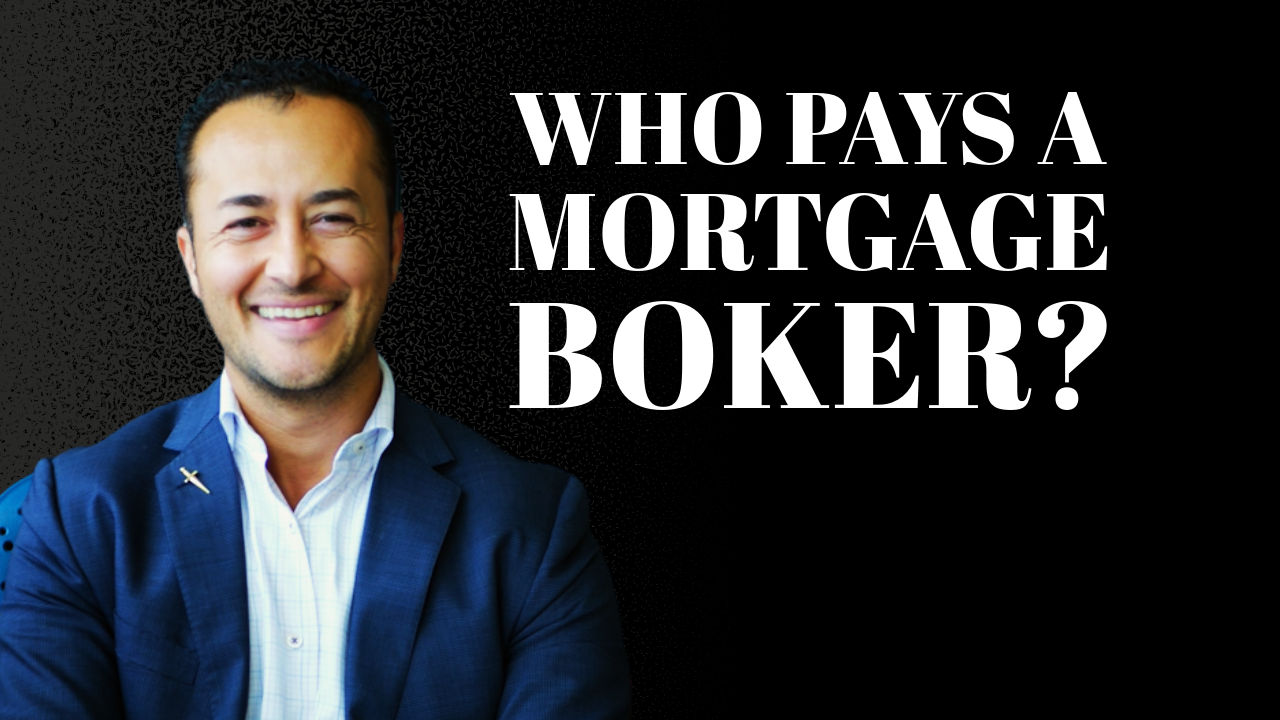How Mortgage Payments Are Calculated
A Simple Breakdown
Understanding how mortgage payments are calculated is crucial for anyone considering buying a home. Here's a simplified breakdown of the factors involved:
The Basics A mortgage is a loan that allows you to borrow money to purchase a home. In return, you agree to make regular payments over a fixed period, typically 15, 20, or 30 years. Each payment consists of two parts:
- Principal: The portion of your payment that reduces the outstanding loan balance.
- Interest: The cost of borrowing money, calculated as a percentage of the outstanding loan balance.
The Calculation The exact amount of your monthly mortgage payment depends on several factors:
- Loan Amount: The total amount you borrow.
- Interest Rate: The annual percentage rate (APR) charged by the lender.
- Loan Term: The length of the loan in years.
A complex formula, often involving logarithms, is used to calculate the exact payment amount. However, you can use a mortgage calculator to quickly estimate your monthly payment.
Key Points to Remember:
- Amortization Schedule: This is a table that shows how each payment is divided between principal and interest over the life of the loan. As time goes on, the principal portion of your payment increases, while the interest portion decreases.
- Early Payment: Paying extra on your mortgage can significantly reduce the total interest paid and shorten the loan term.
- Fixed vs. Variable Rate: Fixed-rate mortgages have a constant interest rate throughout the loan term, while variable-rate mortgages have an interest rate that fluctuates over time.
By understanding the factors that influence your mortgage payment, you can make informed decisions about your home purchase. If you have any questions, consult with a mortgage lender or financial advisor.
Additional Considerations
While the above factors are the primary determinants of your monthly mortgage payment, it's important to consider other costs associated with homeownership, such as property taxes, homeowners insurance, and potentially private mortgage insurance (PMI).
To learn more about how interest rates may impact your mortgage payment, check out our article on Will Mortgage Rates Go Down in 2025? Additionally, to understand the factors that lenders consider when determining your mortgage eligibility, please refer to our guide on Mortgage Qualification.
By considering these additional factors and utilizing the resources provided, you can gain a comprehensive understanding of your mortgage payment and make informed decisions about your homeownership journey.
SHARE








